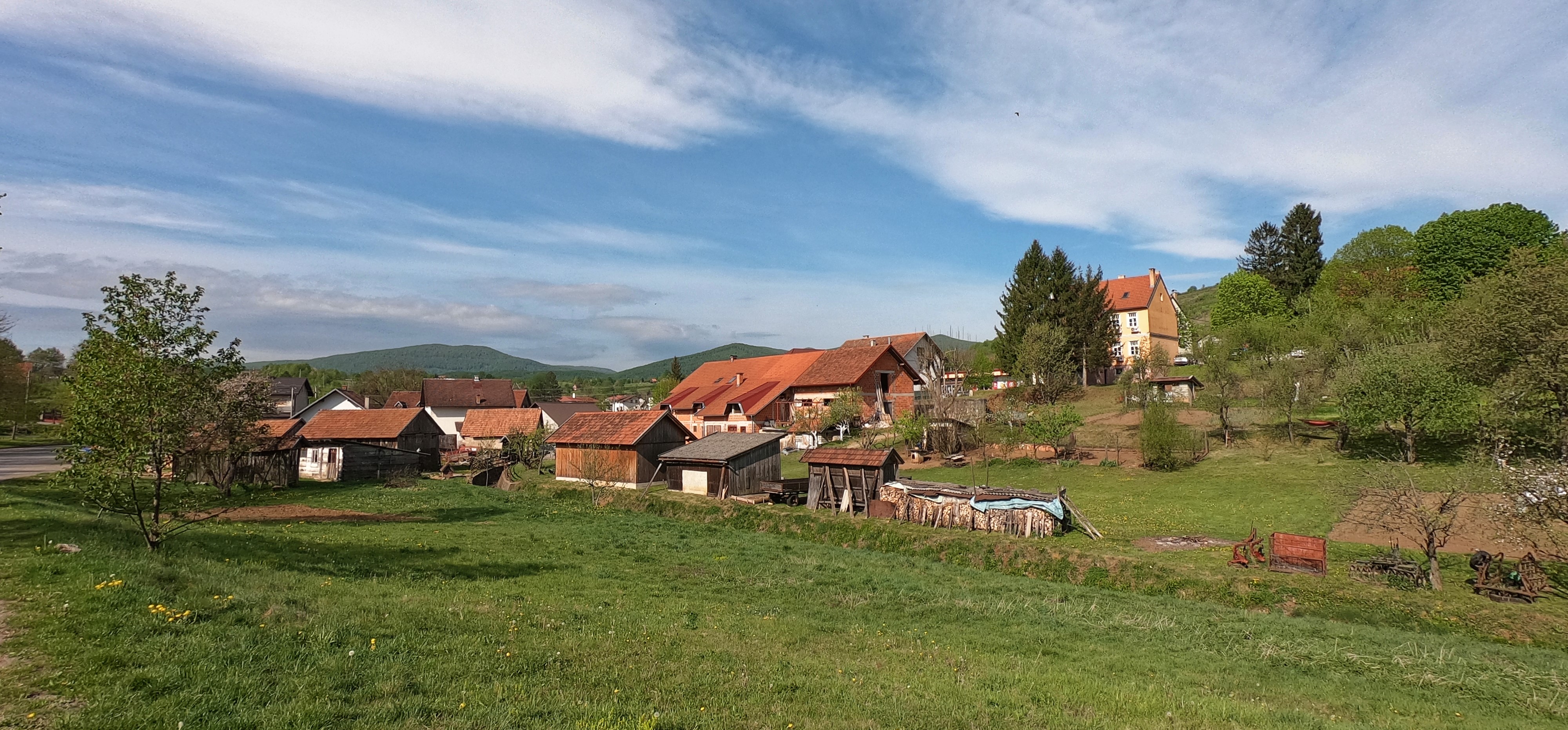The Division of Social Geography was established in 1997 with the reorganisation of the Department of Geography, Faculty of Science. In accordance with the Faculty statute, the Department is responsible for organising and executing teaching, scientific and expert work. The teaching and research activities of the Division cover a wide range of social geography topics and issues.
The Division staff are included in the study programmes of the Department of Geography with courses from a series of geography subdisciplines – demogeography, and urban, rural, cultural, social, economic, transport, tourism and historical geography.
The teaching scope of the division also includes courses directed at attaining applied knowledge, such as cartography and regional and spatial planning. The Division offers courses focusing on methodology and research tools, including statistical and graphical methods, and the visualisation of spatial data in GIS. Regional-focused courses are also taught: Geography of Europe, Southeast Europe, Anglo-America, Russia and the Geography of underdeveloped nations.
The scientific activities in the Division are primarily carried out within scientific projects. Division scientists have participated in virtually all projects in the field of social geography at the Department of Geography. Since the Division’s establishment, they have led the following scientific projects: “Spatial aspects of tourism in Croatia’s regional development” (1996–2002; project leader: Zlatko Pepeonik), "Urbanization of Croatia" (1996–2002; Milan Vresk), "Geographic aspects of Croatia’s tourism development" (2002–2006; Dane Pejnović), "Urban systems and the spatial organisation of Croatia" (2002–2006; Miroslav Sić), "Spatial properties of Croatia’s demographic resources" (2006–2011; Ivo Nejašmić), "Geographic evaluation of the spatial resources of rural and karst areas in Croatia" (2007–2014; Dane Pejnović), "Development possibilities and limitations in rural areas in Croatia, from the local population perspective" (2013–2014; Dane Pejnović), “Spatial influence of post-industrial and post-social rezoning of brownfield lands on urban development: a comparative study of Vienna and Zagreb” (2014–2015; Martina Jakovčić), "Application of the scenario method in the planning and development of rural areas in Croatia (CRORURIS)" (2014–2017; Aleksandar Lukić), “Comparative analysis of the spatial development of tourism in protected areas in Croatia and Slovenia” (2018–2019; Vuk Tvrtko Opačić) and “Competency standards for teachers, pedagogues and mentors” (2019–2021; Martina Jakovčić).

 Pristupačnost
Pristupačnost